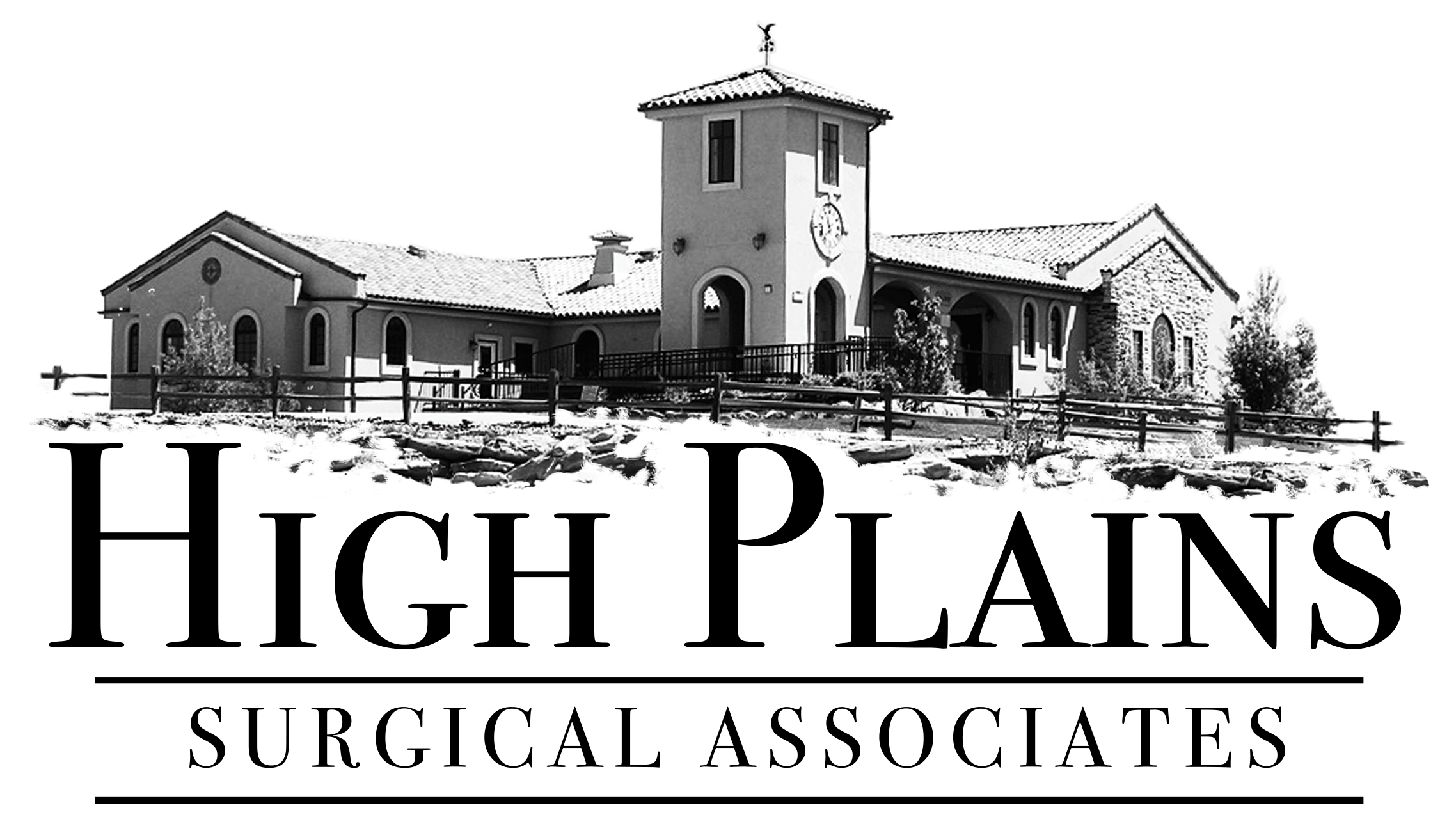Hernia
According to a recent report by National Center for Health Statistics, about 50 million people in diverse regions across the globe are affected by hernias which are caused due to a hole, lump, bulge, or weakness in the muscular wall. Medical professionals and healthcare experts believe that most of the time, hernias occurs from a tear beneath the abdominal muscles and develops between the hips and chest.
Usually, hernias are commonly found in various body parts such as the belly button, the top of the stomach, and groin. Cystic fibrosis is a medical condition that impairs lung functions which further leads to a chronic cough. This condition can also enhance the risk of developing a hernia. Apart from the affected area, patients are more susceptible to stumble upon pain that may radiate to genitalia, leg, back, or hip. With the duration of activities, the discomfort and pain deteriorate.
Symptoms of a Hernia
Pain while coughing and straining
Enlarged Prostate
Obesity
Persistent Cough
Nausea
Pain
Groin or Abdomen discomfort while bending over
Vomiting
Various Types of Hernias
Groin
Spigelian
Incisional
Obturator
Inguinal
Hiatus
Umbilical
Epigastric
How to Diagnose
Barium X-ray and Endoscopy are the preeminent methods for diagnosing a hernia. In copious cases, the physicians urge the patient to move or bend. For visualizing the exact issue, Computerized tomography (CT) scan, Ultrasound scan, and imaging tests are ideally helpful.
Get Acquainted with Effective Treatments:
Maximum hernias are not life-threatening; however, immediate medical attention is primarily needed for preventing potentially dangerous complications. The American College of Surgeons considers surgery as the most efficient way to eliminate different types of hernias. Numerous medical professionals and surgeons specialize in several surgical interventions of hernias: Open surgery and Laparoscopic operation(keyhole surgery).
Open / Laparoscopic Surgery options
During Open surgery; surgical glue, staples, and sutures play a pivotal role in closing the hernia. Furthermore, the hernia is closed with mesh or sutures. Laparoscopic repair is highly effective for repeat operations to shun previous scars though it is pricey. For repairing a hernia, miniaturized surgical equipment and tiny cameras are handy. In comparison to open surgery, Laparoscopic surgery is less time-consuming. Choosing a skilled surgeon or a reputable surgery center is pivotal for making sure that there isn't a possibly of a recurring hernia.
Medication
Prescriptions and over-the-counter medications are the ultimate solutions to diminishing discomfort and pain. Proton pump inhibitors, H-2 receptor blockers, and antacids are some of the commonly used medications that minimize the effects. It is advisable to take suggestions from the physicians whether the medications are right as intake of any wrong medication can boost the possibility of bleeding.
Hernia Surgery Recovery
Among both surgical procedures i.e. open and laparoscopic, the recovery period for open is much longer. Listening to individual bodies is an essential aspect of recovery. 3-6 weeks is the approximated recovery time. Theoretically, after three weeks of the surgery, the patients can begin light activities; however, it is necessary to avoid strenuous activities. Putting some ointment on incisions can slow down the recovery. If you notice a swollen testicle or bleeding wound through a bandage, call High Plains Surgical Associates who has been a critical part of Gillette, Wy since 1994.



